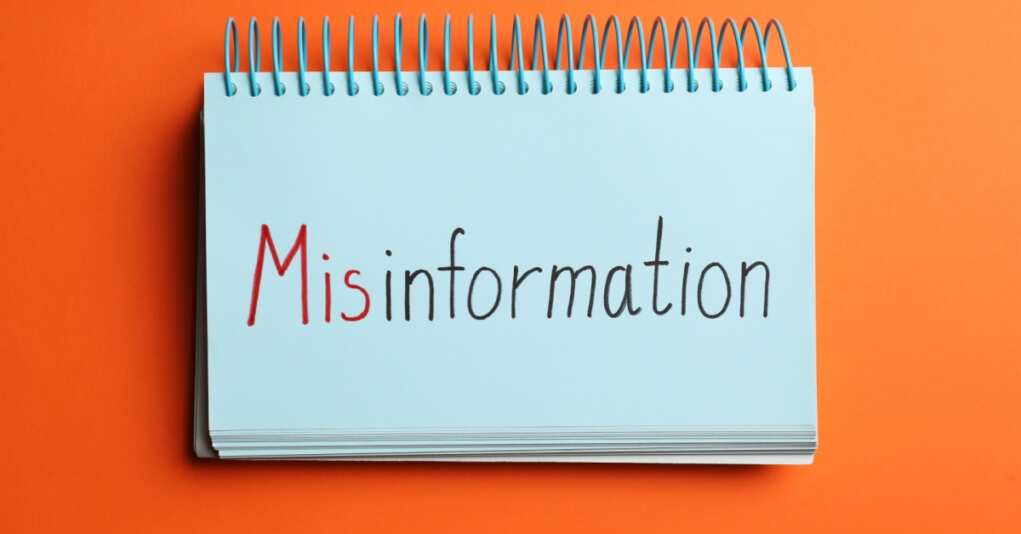WEF Labels Misinformation a Major Threat to Global Stability

The World Economic Forum (WEF) recently identified misinformation as one of the most pressing risks facing the global community. In their annual report, which assesses worldwide threats, the WEF emphasized how rapidly spreading misinformation disrupts public trust, destabilizes democracies, and exacerbates crises, from public health to geopolitical conflicts. This growing challenge, often fueled by social media, has made it difficult for citizens to access reliable information, impacting everything from elections to pandemic responses.
Misinformation, as the WEF report highlights, thrives in an environment where the line between fact and opinion has blurred. Social media platforms, while enabling instant information sharing, also facilitate the rapid spread of falsehoods. This dynamic has led to a phenomenon where unverified claims often gain as much, if not more, traction than verified facts. The WEF points out that false narratives, especially those surrounding sensitive issues like health and politics, can take root faster than corrective information, leaving governments and institutions struggling to respond.
Health crises, like the COVID-19 pandemic, showcased just how dangerous misinformation can be. False claims about vaccines, virus origins, and treatments spread quickly, sometimes with deadly consequences. While governments and health organizations attempted to counter these narratives, the misinformation often evolved as quickly as the counter-efforts. WEF’s report suggests that this is only a glimpse of what could come as technology, artificial intelligence, and deepfake capabilities advance.
The report goes beyond social media, warning that misinformation also destabilizes geopolitics. False or misleading information has been leveraged in information warfare to sway public opinion, weaken adversarial nations, and intensify conflicts. Misinformation campaigns have fueled division, often with the intent of creating internal strife within countries, weakening trust in institutions, and eroding social cohesion.
WEF’s proposed solutions are ambitious but challenging to implement. They recommend stricter regulations for technology companies to enforce content moderation while maintaining free speech rights. Additionally, they encourage public-private partnerships to create standardized fact-checking systems, arguing that if global companies and governments work together, the impact of misinformation can be minimized.
Education is also a priority; the WEF stresses the need for digital literacy programs that empower individuals to critically assess information sources and discern fact from fiction.
Yet, these recommendations face resistance, particularly from those who argue that moderation can easily morph into censorship. With critics wary of Big Tech’s power over information, a fine balance must be struck between limiting harmful misinformation and respecting freedom of expression.
As misinformation threatens to exacerbate social divides and destabilize governments, the WEF is urging urgent action. Whether or not the global community will act on these recommendations remains to be seen, but one thing is clear: the battle against misinformation will be a defining challenge of the digital age.

